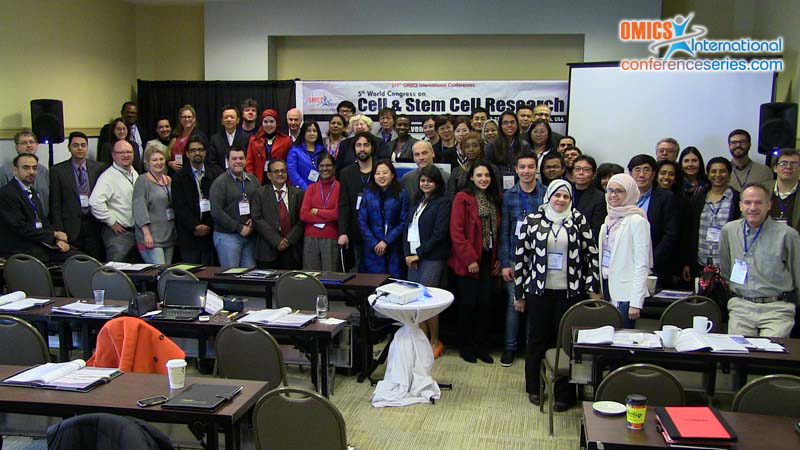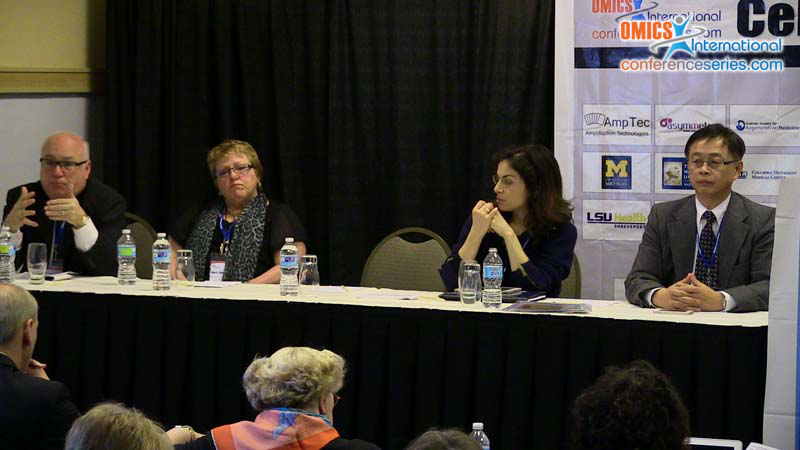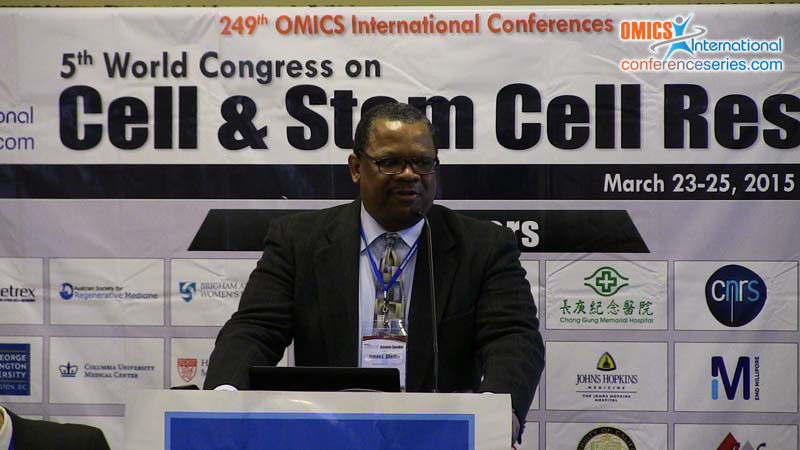
Wendy W. Weston
1VIVEX Biomedical
USA
Title: The RNA profile of exosomes from MSCs during osteogenic differentiation
Biography
Biography: Wendy W. Weston
Abstract
The importance of exosome contribution to the success of MSC healing properties has recently become clear. It has been suggested that exosomes are responsible for paracrine signaling to themselves and neighboring cells, resulting in immune mediation, tissue repair and differentiation into a variety of cell types, depending on the parental cell, time of collection and neighboring environment. We are interested in discovering the RNA components of the abundant exosomes produced by MSCs as they transition to osteoprogenitors. It is intuitive that the RNA excreted by the exosomes will differ at various stages of differentiation. There is already good evidence that the RNA composition of exosomes from cultures varies between cells and over time. Importantly, we wish to know if the changes in exosome RNA correlates with the signals necessary to drive the differentiation process and if previously undiscovered stimulants are present. If either previous or latter are found, it is possible that the purified exosomes from MSC culture supernatant at specific stages would elicit specific results upon transplantation. We are utilizing MIAMI cells exposed to osteogenic media for 21 days. Supernatant from the cell cultures are collected at day 0, 2, 7, 14 and 21. Exosomes are isolated from the supernatant and RNA is isolated from the exosomes. RNASeq is performed utilizing the Ion Proton Next Generation Sequencer. The RNA content of exosomes from each time point are being compared for elucidation of which remain constant and which change during various stages of osteogenic differentiation.



